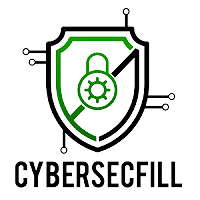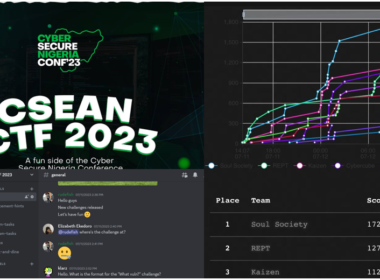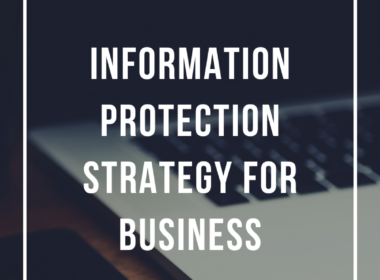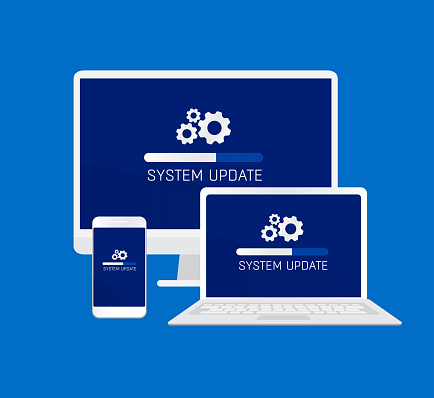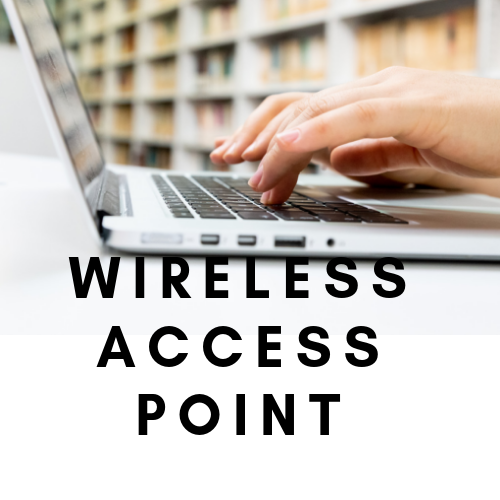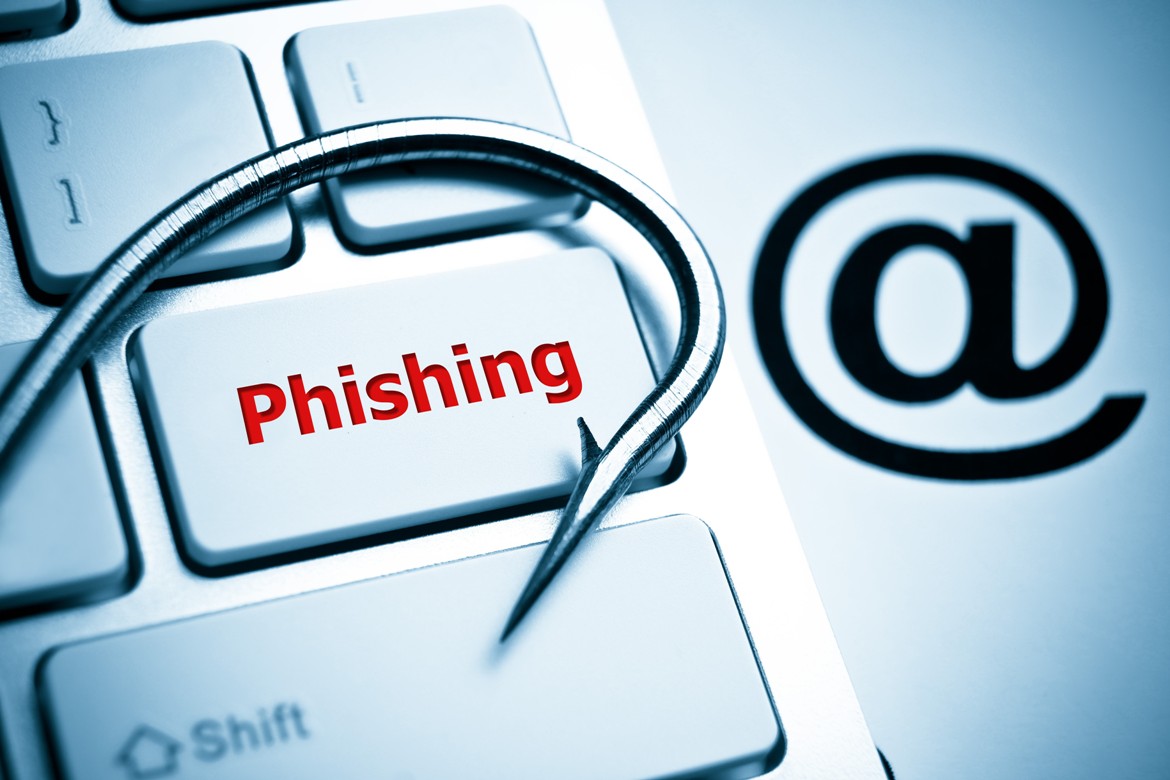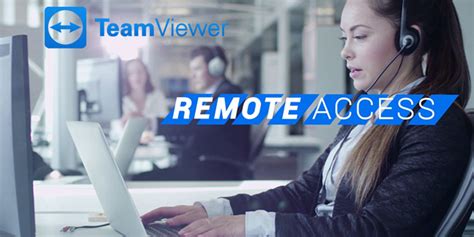Buying second-hand PCs is a great way to save some money. Unfortunately, they also come with their own unique set of risks you need to look out for! Let’s look at some ways second-hand PCs can be more of a hassle than a help.
What Are The Dangers?
With second-hand technology, the overall quality always depends on how the previous owner treated it. As such, second-hand computers could have some nasty surprises lurking within from their previous owner. Sometimes, malicious software is installed with harmful intent. Someone places malware onto the computer, then sells it to someone else. If the user doesn’t realize their PC has been infected, the previous owner can harvest them for information.
Sometimes, however, people have no desire to harm you directly. Instead, they may have practiced less-than-stellar computer safety and caught some viruses. They do a very basic clean-up before selling it to you, which means the viruses they caught still dwell within.
The Risks When Buying a Used PC
Let’s look at some ways a preowned PC can come with more than advertised on the seller’s listing.
1. Keyloggers May Be Tracking Your Typing
If the previous owner wants to monitor your internet browsing, they may install a keylogger to track your keyboard. This will relay everything you type back to the previous owner, including the usernames and passwords you enter into sensitive sites.
This method of attack is very hard, if not impossible, to notice occurring while you use the PC. As such, users can unknowingly give malicious agents their login details for sensitive websites.
2. Spy Software May Be Tracking Your Actions
The owner may go a step further and install software that tracks you. They could slip in malware that takes regular screenshots of the desktop to catch something sensitive. They may also add a program that uses the built-in webcam to watch you through the day. This is a little more advanced than a keylogger, so the chances you’ll find a random eBay seller lacing their computers with high-tech spying software is quite low.
This would more likely be performed if the seller knew their computers were going to be used for a lucrative business. As such, if you’re a business owner, it’s worth taking the extra step to ensure there’s no corporate espionage.
3. Cryptominers May Be Making Extra Money for the Seller
Cryptominers are a kind of software that mines cryptocurrency. Cryptocurrency mining requires processing power, so malicious agents like to install them secretly on other people’s computers. While the user uses their PC, the agent gains some extra cash by hijacking their processor.
What’s worse is that crypto miners go relatively unnoticed by the users of the infected machine. They may report that it has been “acting slow” as the processor redirects some of its resources to mining cryptocurrency.
You can learn more about cryptocurrency hijacking (also known as “cryptojacking”) in our look at the top cybersecurity threats of 2019.
4. Illegal Deleted Files May Still Be Around
The previous owner may have downloaded illegal files to their hard drive, such as torrented movies. When they sell the PC to you, they delete all the files, thinking that’s enough to scrub the hard drive clean. Unfortunately, deleting files doesn’t properly get rid of them. All it does is mark the file as available to be overwritten by other files. As such, if the previous owner deletes the files and then immediately sells them to you, the illegal files are still there.
Because the files are only marked to be overwritten, someone can restore them if there hasn’t been a lot of disk activity. If someone does some poking around within your hard drive before you’ve properly used it, they could find some incriminating files that would get you in trouble!
5. Malware May Be Lurking
Even if the previous owner was as innocent as they can be, they might have accidentally contracted a virus on their PC. This may still linger when they sell the PC to you without them realizing it.
If the last user didn’t properly wipe the drive, a virus may be dwelling in the hard drive of the PC. Even if they did wipe it properly, some nasty strains of malware can burrow into the BIOS, which makes them very resilient to antivirus.
How To Clean a Second-Hand PC
While these risks sound very scary, there are ways you can clean up a PC to ensure it’s safe to use. Let’s look at the ways you can scrub your PC to ensure nothing nasty is lurking inside.
1. Wipe the Hard Drive Before Using It
If you want to clean the hard drive, it’s worth doing a full wipe. This is a little more complicated than you may think. Not only must everything be deleted, but it also has to be overwritten with “junk data” to fully erase the files from the drive.
Thankfully, there are tools you can use to “nuke” a drive. This deletes all the files, then overwrites them with junk to ensure nothing lingers afterward. You can read how to do this in our guide to wiping a hard drive.
2. Replace the Hard Drive Completely
If you don’t want the hard drive within the second-hand computer, why not change it out? Of course, this is dependent on how easily you can get to the hard drive—a laptop will prove much more difficult than a computer.
If you can swap it out, however, you can make sure nothing is lurking on the PC by changing the drive. You can either get a new hard drive or use one from your previous PC instead.
3. Flash the BIOS
If you want to ensure nothing bad is in the BIOS, why not flash it? Look up what motherboard the computer has, then visit the manufacturer’s site and download the most recent update. Once installed, you’ll have a fresh BIOS that won’t have any nasty malware.
New PCs Aren’t Necessarily Safer Than Used PCs
The risks may put you off second-hand computers, but you shouldn’t worry. As long as you’re careful with what and how you buy, you shouldn’t encounter any problems. After all, brand-new hardware can contain malware, too! A few years ago, we saw the case of Lenovo selling laptops laced with malware. Preinstalled malware is a major problem for users, as it abuses our natural inclinations that new hardware is always “clean.”
As such, you shouldn’t consider all second-hand computers as unsafe minefields, just as much as you shouldn’t assume all new hardware is free of malware. As long as you take care of what you buy and clean it up properly, you should be fine with preowned hardware.
Staying Safe With Second-Hand Purchases
While second-hand purchases can include some nasty surprises, these are avoidable. By giving your PC a proper scrub before using it, you can be sure that it contains nothing sinister.
